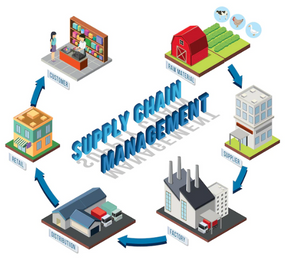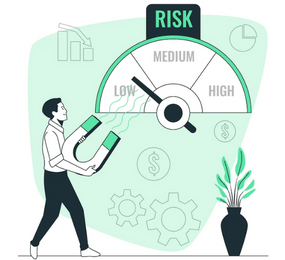Supply Chain Risk Management vs. Resilience Planning
While often used interchangeably, supply chain risk management and resilience planning are distinct yet interconnected concepts. Supply chain risk management (SCRM) focuses on identifying, assessing, and mitigating potential disruptions before they occur. It's a proactive approach centered on understanding vulnerabilities and implementing strategies to minimize the likelihood and impact of negative events, such as supplier failures, natural disasters, or geopolitical issues. SCRM aims to prevent disruptions and protect the supply chain's efficiency and profitability.
Supply chain resilience planning, on the other hand, focuses on the supply chain's ability to withstand and recover from disruptions once they happen. It's a reactive and adaptive approach that emphasizes building flexibility and redundancy into the supply chain. Resilience planning involves developing contingency plans, diversifying suppliers, establishing backup transportation routes, and ensuring business continuity in the face of unexpected events. The goal is to minimize the duration and severity of disruptions and enable a swift return to normal operations.
In essence, SCRM is about prevention, while resilience planning is about cure and adaptation. A robust supply chain strategy requires both. Effective risk management reduces the likelihood of disruptions, while strong resilience planning ensures the organization can effectively respond and recover when disruptions inevitably occur. Resilience is often seen as the desired outcome of proactive and effective supply chain risk management.
Visit our website to know more: https://www.leadventgrp.com/events/2nd-annual-supply-chain-risk-and-resilience-forum/details
For more information and group participation, contact us: [email protected]
Leadvent Group - Industry Leading Events for Business Leaders!
















